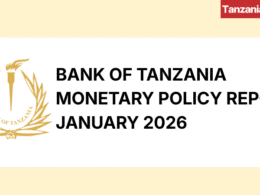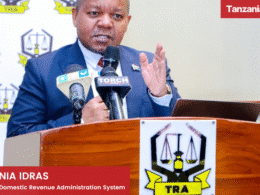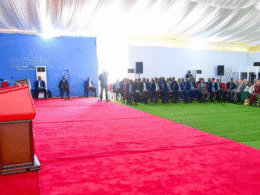The African Development Fund (AfDB) just approved grants totaling USD 9.52 million to strengthen responses to the COVID-19 pandemic in East Africa and the Horn, and in the Comoros.
The grant, approved on 26th June, is part of the USD 10 billion COVID-19 Rapid Response Facility (CRF) approved in April 2020 and complements the Bank’s direct support to regional member countries across the continent.
The beneficiaries are Burundi, Comoros, Djibouti, Eritrea, Ethiopia, Somalia, Kenya, Rwanda, South Sudan, Sudan, Tanzania and Uganda. Funding will also go toward the procurement of essential medical supplies, including testing kits and to train health workers.
The funds will be used to bolster health systems and disease surveillance, enhance infection prevention and control, and improve regional coordination by the East African Community (EAC) and the Intergovernmental Authority on Development (IGAD) to contain cross-border transmissions.
“The overall objective of the operation is to reduce the incidence and mortality in the Eastern African region due to COVID-19 pandemic and other disease outbreaks,” Martha Phiri, Director for Human and Social Development said.
The EAC Secretariat will receive USD 8.79 million in tranches of USD 8.16 million and USD 629,582 while USD 729, 581 will go to IGAD.
The World Health Organization (WHO) will be the implementing agency for the emergency response activities in the EAC and IGAD member states, and the Comoros, while the RECs will be directly responsible for executing the cross-border interventions.
Countries in Eastern and the Horn of Africa are enforcing stringent border measures to mitigate the cross-border transmissions that have led to disruptions in the movement of people, trade flows and access to essential goods.
The project will, therefore, tackle these challenges by improving testing and case detection capacity at border crossings and improving regional coordination.
The Project will also support EAC and IGAD to roll out regional COVID-19 digital tracking systems to facilitate cross-border surveillance. This will make the regional bodies better prepared to counter cross-border transmissions during future pandemics.
The grants align with the Bank’s High 5 priority commitments, specifically to improving the quality of life for the people of Africa, and to advancing regional integration.
The financing also strongly aligns with the Eastern Africa Regional Strategy Paper, which calls for enhanced cooperation in managing regional public goods.
As of 28th June 2020, total confirmed Covid-19 cases in the 11 mainland countries of the region stood at 42,000, while the island nation of Comoros reported 265 cases out of a population of 800,000.
In June 2020, the IMF approved a debt service relief will contribute to alleviate Tanzania’s balance of payment needs stemming from the COVID-19 pandemic.











